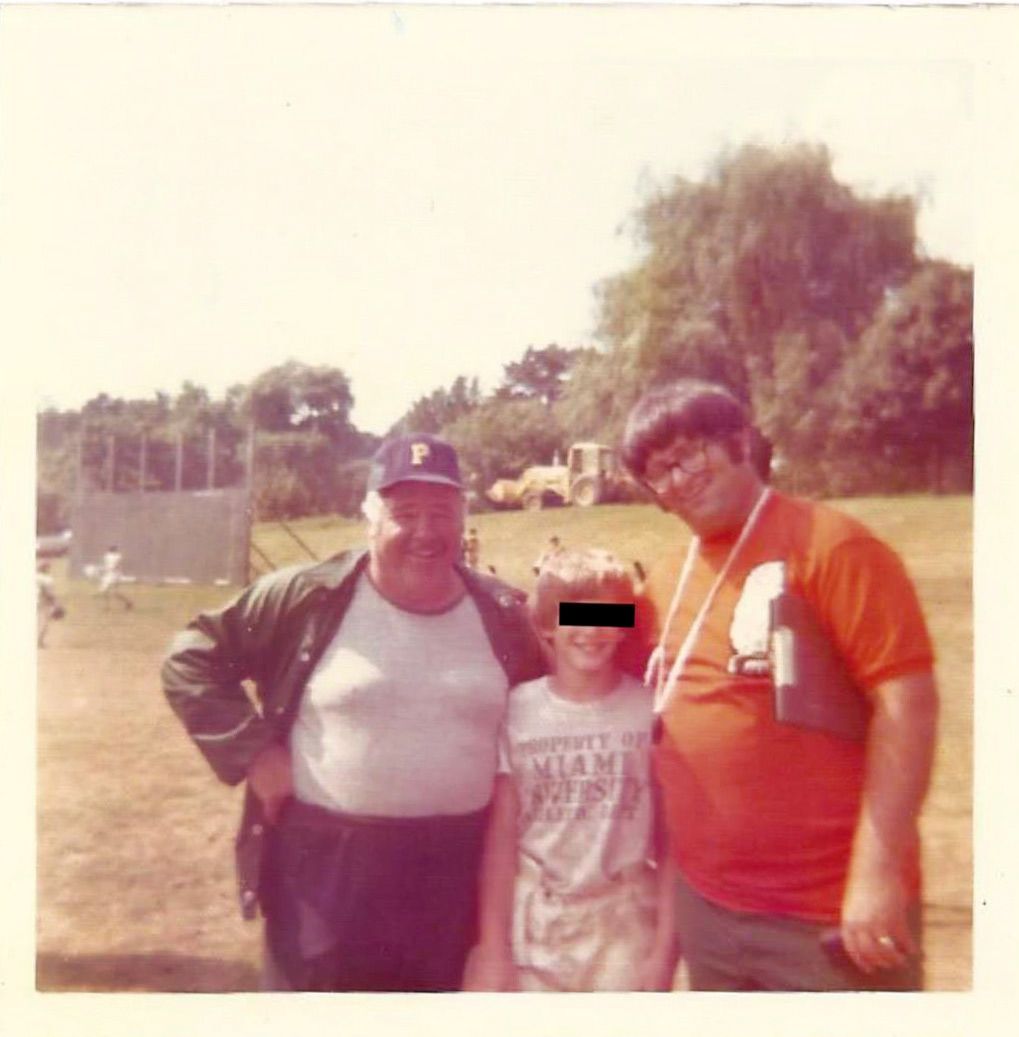The unnamed plaintiff in a long-running lawsuit who says Hall of Fame quarterback Joe Namath ignored and then covered up years of sexual abuse at his football camp in the 1970s has revealed his identity in documents, saying that he was “shedding his John Doe status … to aid in my own healing.”
Philip Lyle Smith, now in his 60s and living in Florida, sued the Jets legend in 2019, detailing years of abuse from a counselor at a summer football camp Namath owned and ran for decades. He initially filed the case as “John Doe” but recently filed documents identifying himself, in part because defendants had petitioned a judge to remove his anonymity.
“Coming forward and shedding my John Doe status was not only empowering to me to aid in my own healing but I also hoped it might allow others to hear my story and to have the courage to do the same and begin their own healing,” Smith said in a statement to ESPN on Monday.
The lawsuit alleges that camp coach Philip Foglietta did little to hide his routine of having Smith, then 10, sleep in his bed, where the boy was abused for the summers he attended Namath’s camp between 1970 and 1975. According to the lawsuit, Foglietta took advantage of Smith having recently lost his father to groom him.
Foglietta was later accused of abusing multiple boys when he coached at the Poly Prep Country Day School in Brooklyn. The school settled a lawsuit from 12 plaintiffs who accused him in 2009 of abusing them after he was hired in 1966. Foglietta died in 1998.
In his 28-page lawsuit, filed in New York state court in Brooklyn, Smith said that Foglietta used Namath — his boyhood hero — to groom him as a victim. He said Foglietta made sure Namath threw a pass to him daily and paid him so much attention that other campers assumed he was the quarterback’s nephew. That preferential treatment further isolated Smith from his older, larger teammates and solidified his sense of indebtedness to Foglietta, according to the lawsuit.
The case, which has inched along for four years, said Namath and camp co-owner John Dockery should have known about the alleged abuse because of the preferential treatment and nightly bed checks that would’ve revealed him sleeping in the coach’s room.
In their response, Namath and Dockery denied several of the accusations and claimed not to have enough information to offer useful responses to details Smith included. Neither man could be reached for comment Monday. Their attorney told ESPN that he was “not authorized” to speak about the case.
In his complaint, Smith said camp staffers did nothing to protect him from his abuser. The only reaction he remembers from camp staffers was when a counselor offered to bring a cot to the coach’s room so they wouldn’t have to sleep in the same bed. That cot remained outside the door overnight and was removed the next day, Smith wrote in his complaint.
Smith said the abuse ended as he grew older, and he didn’t speak about it until, decades later, coverage of the child sexual abuse scandal involving Penn State football coach Jerry Sandusky persuaded him that he, too, had been a victim.
The Namath case is among several lawsuits brought on during New York’s temporary pause in the statute of limitations for child sex abuse. It has been continuously delayed by judicial questions, drawn-out discovery processes and the pandemic shutdown of courts.
Though Smith had progressively become more comfortable with his identity as a child sex abuse survivor, his attorney said he was prompted to go public when defendants filed a motion asking a judge end his anonymity. Rather than fight the demand and risk another delay, Smith did so.
“That was the time that he was ready to do it,” Smith’s attorney Arthur Middlemiss told ESPN.
Smith has also bared his identity outside of court documents, beginning with an interview with The New York Post.
Namath “went from a hero to a zero in my life,” Smith told the Post. “That was part of [Foglietta’s] grooming to abuse me.”
Smith said he is determined to press forward in the case to bring accountability while Namath, 80, is still alive.
“I have come to realize that the light of shame is not on me, the survivor, but should be pointed at the abusers and their enablers and their protectors who together sabotaged and robbed me of my innocence of youth, all the while stunting the forward progression of my life,” Smith said in his statement to ESPN.
“We need to find out why and how this was and still is allowed to happen in our society; and to hold those who stayed silent accountable, even if they are persons who our culture holds in such high regard as ‘heroes.'”
Reach reporter Sara Coello at Sara.Coello@espn.com.
